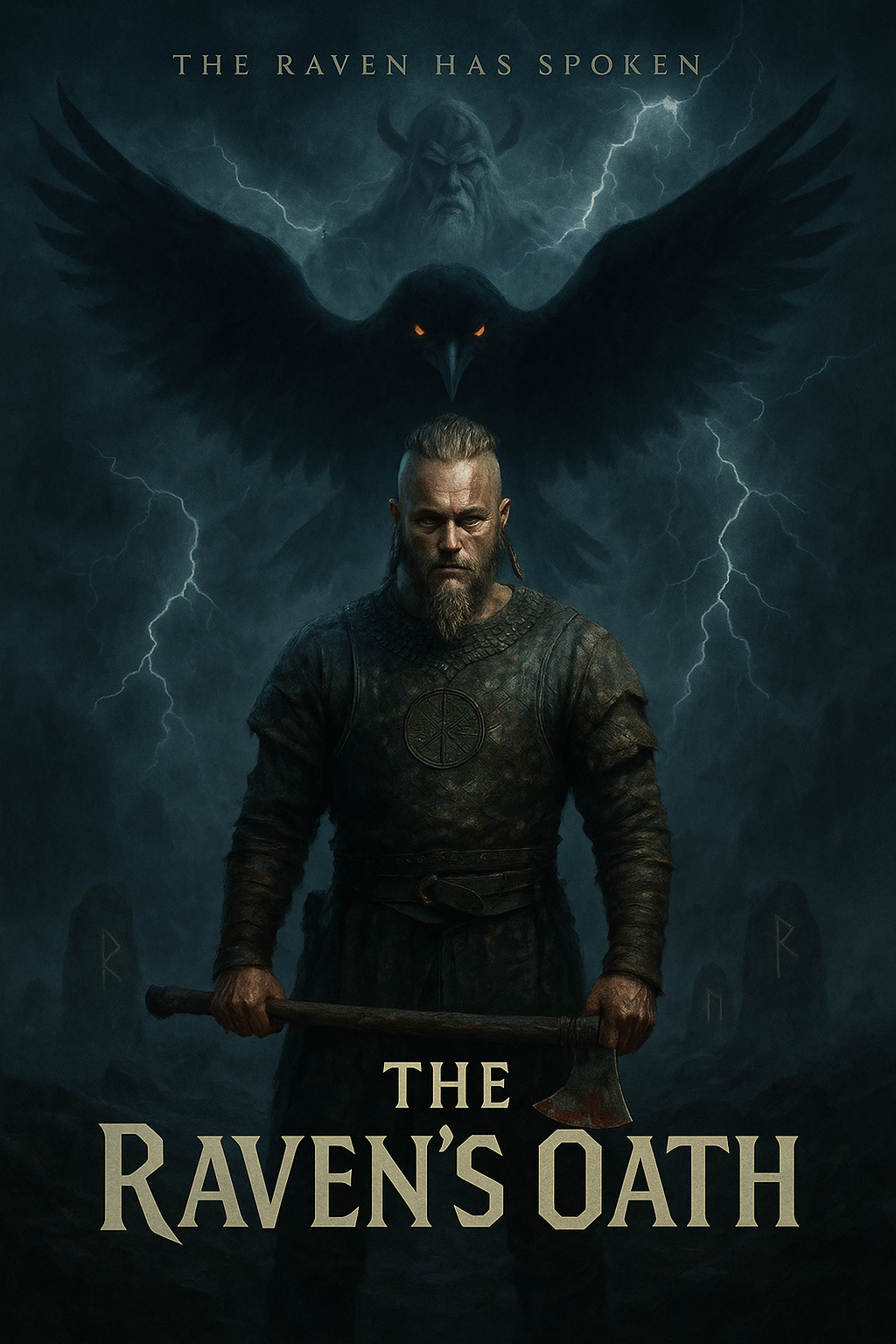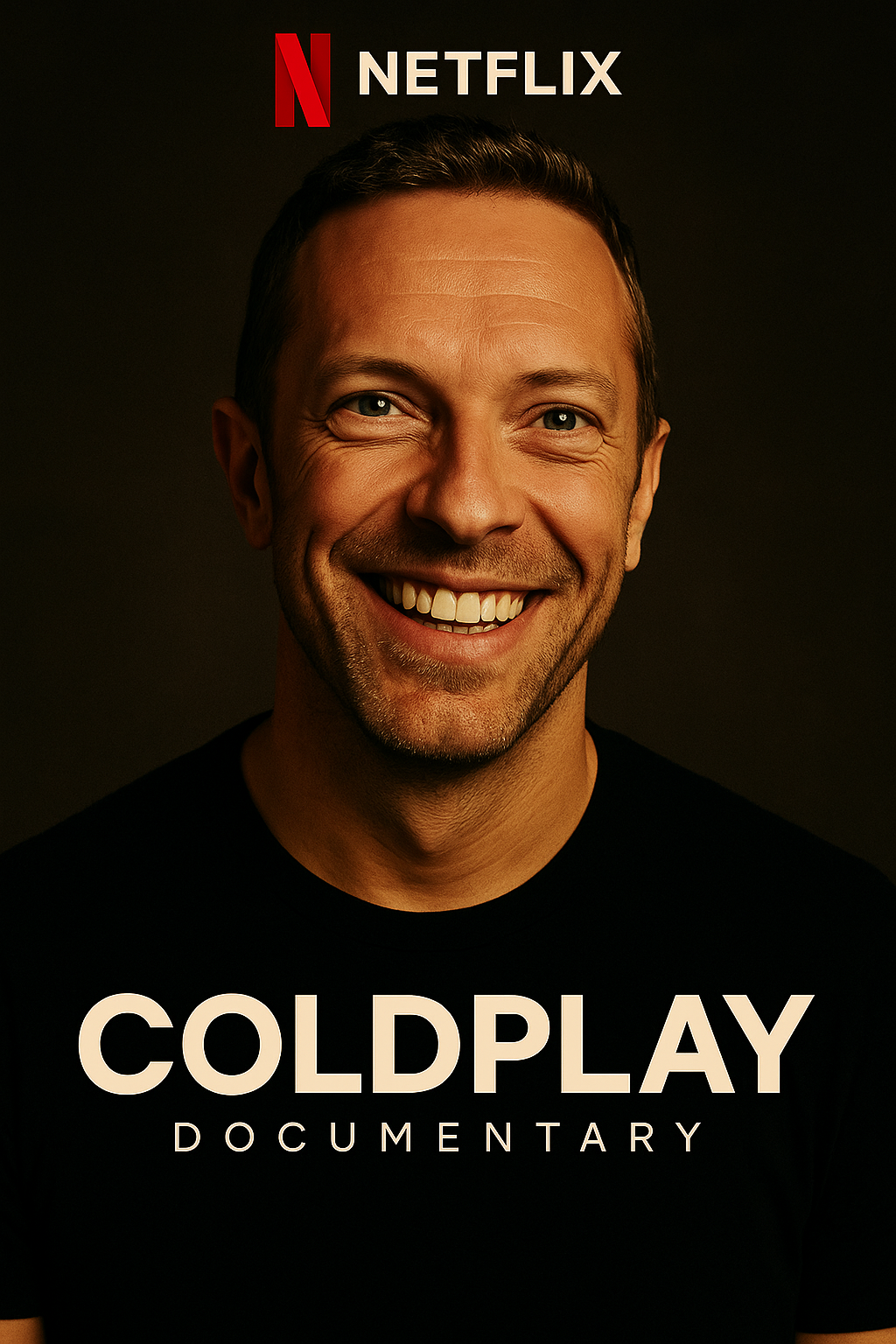Netflix is diving deep into myth and time with “Oath of the Forsaken,” an ambitious new series that fuses Viking legend with modern urban thriller. At its center is a haunting premise: a legendary Norse warrior, cursed to sleep until the end of days, suddenly awakens in a neon-drenched city that has long since forgotten the gods—and the price of breaking their oaths.
The series stars Kristofer Hivju in a career-defining role as Skarde, a berserker bound by blood and fate to an ancient vow. His reappearance in the present day triggers chaos not only in the world of men, but in the realm of the divine. Skarde doesn’t just emerge into the modern world—he disrupts it, carrying with him the unresolved violence and magic of an age long buried beneath steel and glass.
Visually, the show is a feast. The creative team balances cold, brutal flashbacks of frostbitten battles and fjords with hyper-modern scenes of glowing skyscrapers and dystopian decay. It’s a collision of two worlds—myth and machine—shot with cinematic precision. The tone is both epic and intimate, exploring the scale of gods while never losing sight of the broken man at the center of it all.
The story moves between timelines, slowly unraveling Skarde’s forgotten oath, the betrayal that cursed him, and the chain of events now reigniting ancient powers in a world unprepared to face them. But this is more than a tale of swords and spirits—Oath of the Forsaken digs into the emotional weight of identity, purpose, and the silence of a godless age.
At the heart of the series is a spiritual tension—between destiny and free will, vengeance and redemption. Skarde is not a typical hero. He’s violent, haunted, and lost in a future he doesn’t understand. His presence pulls shadowy forces back into the world—gods who walk in mortal skin, forgotten beasts that feed on memory, and cults that never stopped watching the runes.
The supporting cast is just as strong. Ella-Rae Smith plays Leona, a skeptical linguist turned reluctant ally, while Hiroyuki Sanada delivers a mesmerizing performance as an immortal who remembers the old wars. Their dynamics provide the modern grounding needed to reflect how little—and how much—humanity has changed in the face of myth.
The series also plays with theological horror, suggesting that the old gods aren’t gone—they’re just silent. And silence, in this case, is a punishment. As ancient symbols begin appearing across the city and strange phenomena grip the population, it becomes clear that Skarde’s oath was not his alone. The entire world may bear the cost of its breaking.
Director Anika Gjelten, known for her surrealist approach to storytelling, blends Scandinavian folklore with gritty realism, crafting scenes that feel equally at home in an ancient saga or a cyberpunk noir. Her use of practical effects and atmospheric lighting makes the supernatural elements feel tactile and earned rather than ornamental.
The music, composed by Sigur Kárason, fuses traditional Viking instruments with ambient electronic layers. It’s a soundscape that mourns, hunts, and howls—a perfect mirror of the show’s emotional rhythm. The score doesn’t just accompany scenes; it inhabits them, often serving as the voice for the things characters cannot say.
“Oath of the Forsaken” is shaping up to be Netflix’s boldest mythological series yet. It isn’t just about what happens when the past returns—it’s about what happens when it refuses to be buried. With stellar performances, chilling world-building, and a story as heavy as a warrior’s axe, this series is not just another fantasy. It’s a reckoning. And it’s coming soon.



